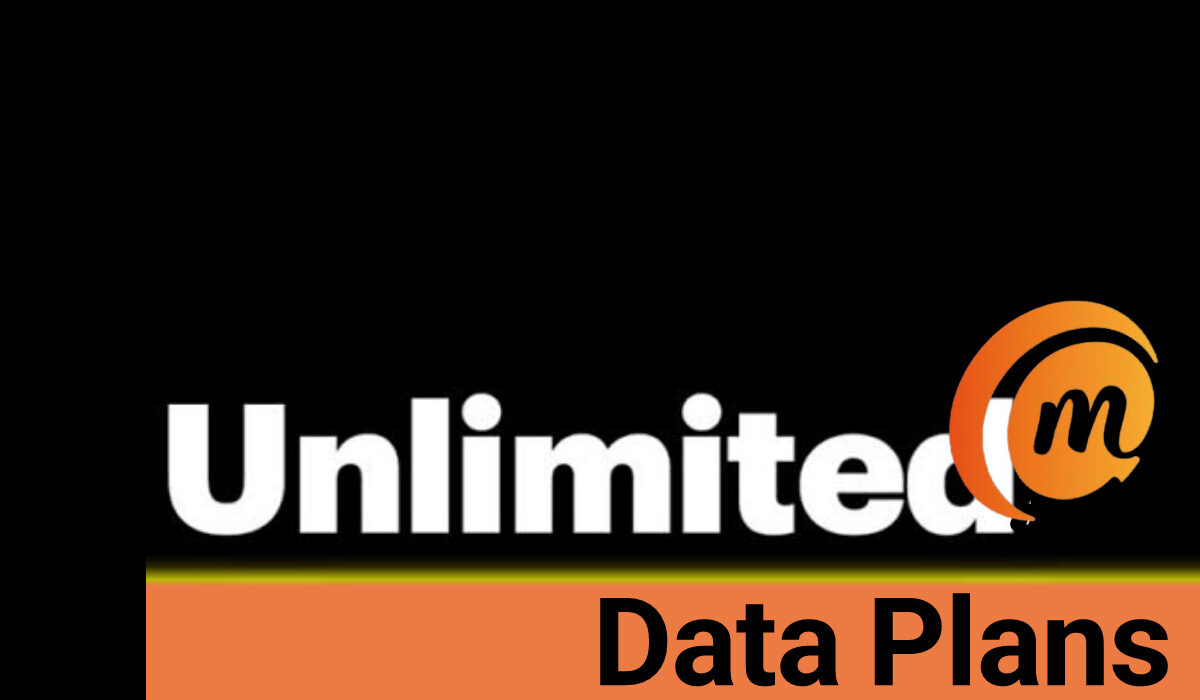Many years ago, when I first heard of unlimited data plans, my head spun. What? There are people somewhere in this world enjoying limitless data for a fixed monthly fee?! The concept was absolutely mind-boggling.
It didn’t help that there were those who kept on harping about how mobile operators in our part of the world were milking subscribers dry by not offering these kind of plans so we could browse and download without limits.
But the more I studied the subject, the more I found out that, for all the hype about unlimited data plans, they were not truly unlimited. No mobile carrier anywhere in the world would survive if it offered truly unlimited Internet service.

Unlimited data plans and unlimited web hosting: Birds of same feathers
It is similar to claims by web hosting companies who use unlimited hosting as a marketing ploy. There really is no such thing. If you would like to test it, buy “unlimited hosting”, set up your website, then push it hard, and soon you will get a notice from your Webhost that your account has hit its limits. Or worse, your website starts getting the dreaded Error 500 notices.
This is similar to how unlimited data plans work. Allow me to explain it in way language. Your cell phone carrier offers an unlimited data plan for say $50 or ₦12,000 monthly. It sounds like a good deal. Don’t get too excited yet.
Every mobile carrier offering unlimited data has something in place they call a Fair Usage Policy (FUP). The FUP spells out, usually in small print, that where you put a strain on the network, your speeds will be throttled – reduced drastically to crawl levels. Usually, after you cross the FUP line, you get speeds as low as 512 kbps sometimes.
Unlimited Data Plans and Fair Usage Policy: The Devil Is In The Details
Imagine browsing at 29Mbps on a normal day and suddenly, your speed gets reduced to 512Kbps. That’s half of 1Mbps!
News flash: you can barely do anything with 512 kbps Internet speed in today’s world. Even Gmail on your phone has a hard time pulling your mails at that speed. So, effectively, your Internet service is crippled.
Some carriers do not spell out where their FUP kicks in. I am not a fan of such carriers. I don’t like random speed brakes. I prefer for the service provider to plainly say, for example, that after using 90GB of data in a month, their fair usage policy kicks in. That’s better. I can track my usage and lodge a complaint should I get poor speeds before hitting that limit. I recommend that you stay away from any internet service provider (ISP) that does not spell out the FUP line.
As I have explained, outing a Fair Usage policy in place means that your unlimited data plan is limited. Once you cross that line, you really can’t use it for anything productive.
In fairness to cellular service providers and ISPs, this limitation is important, because otherwise there are a few data-guzzling individuals who spend all their time on the Internet downloading movies, games, and all sorts of heavy files. This small number of subscribers usually put an inordinate demand and stress on both servers and bandwidth. It slows down the network for millions of other subscribers.
As such, having a FUP is necessary to ensure network stability and reliability for everyone. It also keeps the carrier from being unable to pay for network resources and eventually going bankrupt. Yes; the term “unlimited data plan” is a scam, but the principle behind how it works is a fair and sensible one. Let’s call it a necessary evil.
In summary, unlimited data doesn’t really mean unlimited. Rather it means that your carrier or network applies the brakes on your Internet connection to reduce your speed, so you can’t keep guzzling the data like before. This is pretty much the norm for all unlimited data plans, whether you are on Verizon, Telstra, Vodafone, Virgin Plus, or Airtel.
The good news is that not all carriers throttle so badly to as low as 512Kbps. Quite a number have better throttle speeds, so your Internet connection is still usable. So, the trick is to find an unlimited data plan with a clear FUP and a reasonable throttle speed. If a network operator is hiding those bits of information, chances are that there is some hanky-panky afoot.